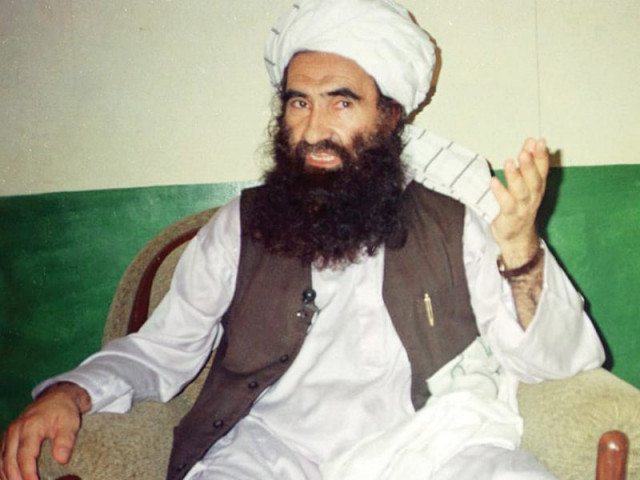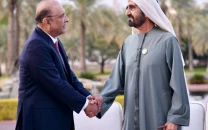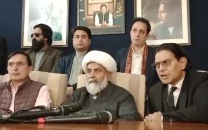Bone of contention
By now, we should have learned that basing foreign policy on support of militants islikely to hurt us than help.

Bone of contention
There are certainly good reasons for the military’s reluctance to take on the Haqqani network. Given the number of troops that are engaged in ongoing battles in other militancy-hit areas, there is a legitimate fear that our army may be stretched too thin. When you add in the fact that the Tehreek-i-Taliban Pakistan (TTP) is far more likely to strike within our borders, while the Haqqani network is mainly targeting Afghanistan, one can understand why defeating the TTP would be our first priority. But there is also a more sinister reason for our inaction. Pakistan greatly fears that once the US withdraws from Afghanistan, India will be the dominant power in the war-torn country. We may be leaving the Haqqani network alone in the hope that they can continue to destabilise Afghanistan and ensure that Pakistan retains some measure of influence there. By now, we should have learned that basing our foreign policy on the support of militants is more likely to hurt us than it is to advance our interests.
Pakistan’s motives for not taking on the Haqqani network aside, the US also needs to decide if it wants to militarily defeat the Taliban or to negotiate with them. Afghan President Hamid Karzai and the US have both hinted that they may have to negotiate with the Haqqani network, and Sirajuddin Haqqani has said that he would be willing to do so if all the other Taliban groups are represented. If the US is planning on negotiating with them, asking Pakistan to sacrifice blood in a full-scale assault, that is surely expecting too much of us.
Published in The Express Tribune, September 18th, 2011.



















COMMENTS
Comments are moderated and generally will be posted if they are on-topic and not abusive.
For more information, please see our Comments FAQ